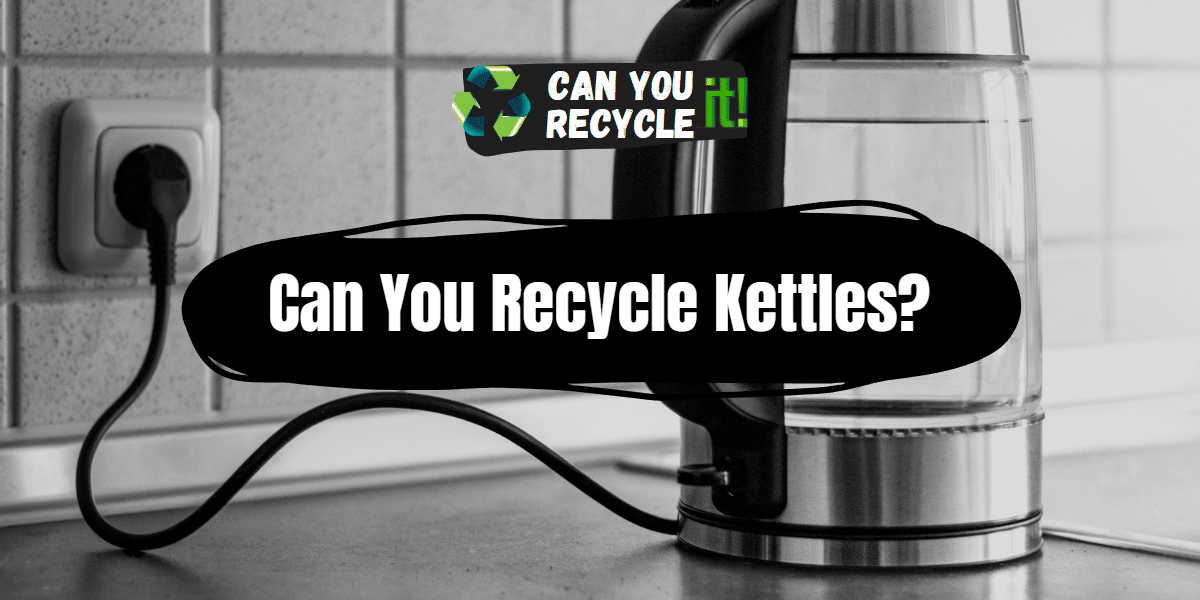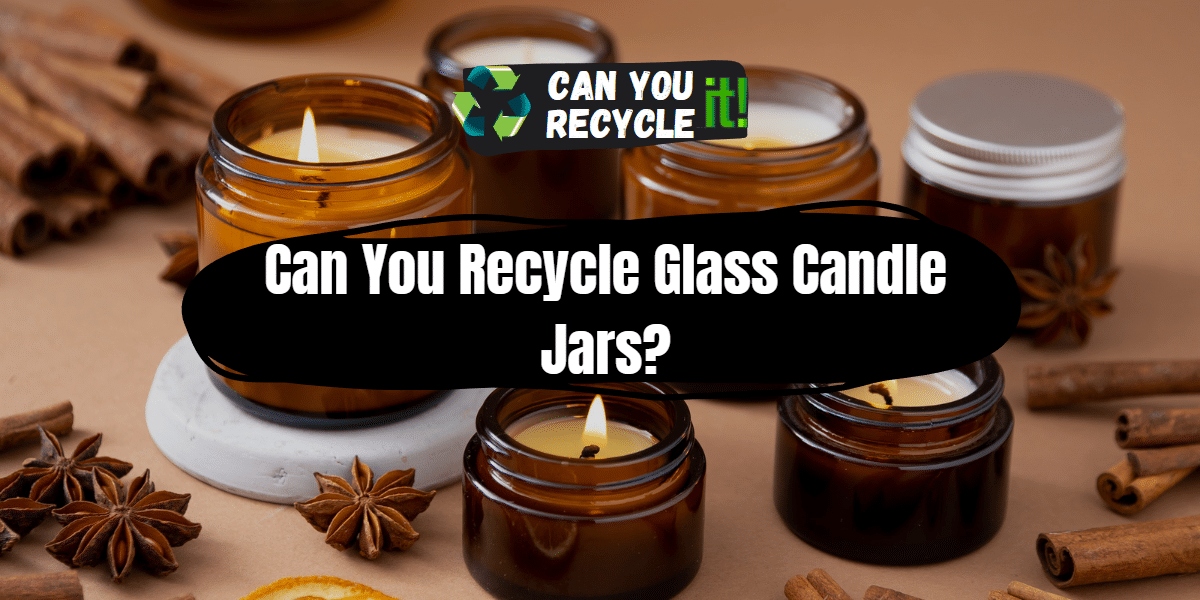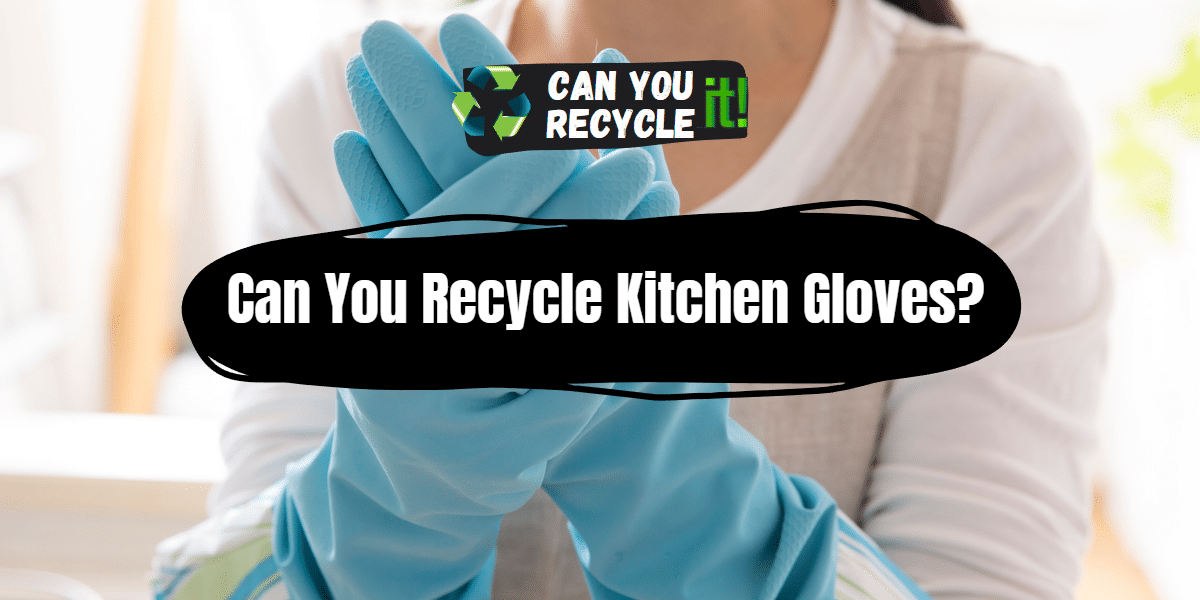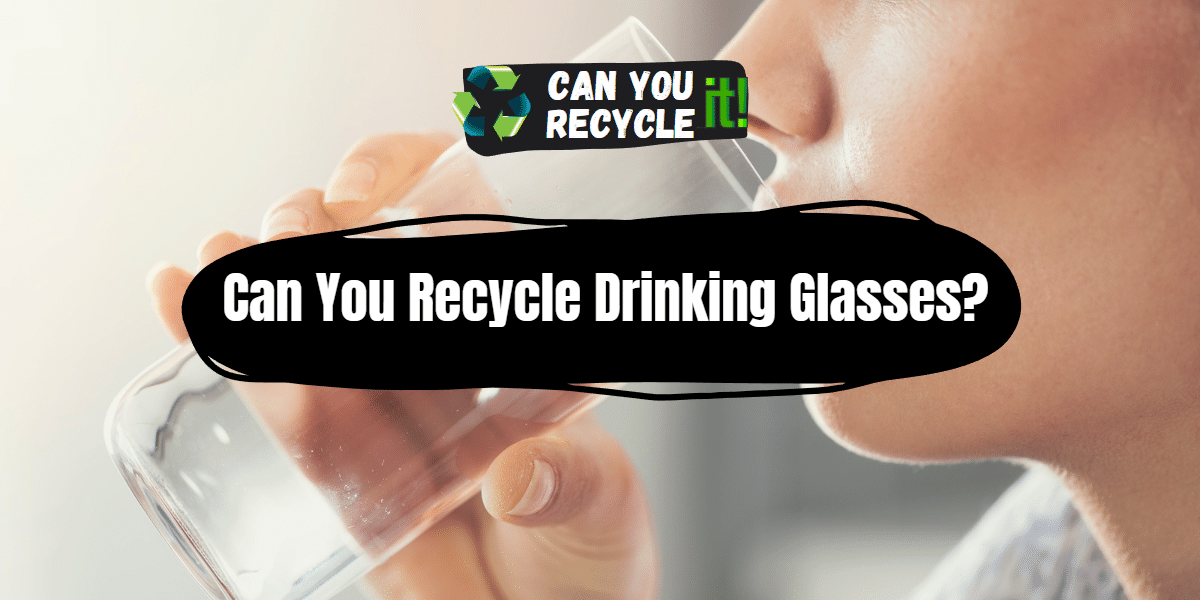Yes. Kettles can be recycled, but following the correct procedures is essential to ensure proper disposal and minimize environmental impact.
Kettles have become essential to our daily lives, helping us prepare hot beverages like tea and coffee. However, as we strive to be more environmentally conscious, questions arise about these household appliances’ proper disposal and recycling. Recycling allows us to repurpose materials, conserve resources, and reduce waste sent to landfills.
In this article, we will explore the topic of recycling kettles in-depth, addressing common queries, providing dos and don’ts, presenting a step-by-step guide, and discussing the environmental impact of kettle recycling.
Table of Contents
Do’s and Don’ts
To ensure a successful and eco-friendly kettle recycling process, here are some essential dos and don’ts to keep in mind:
Dos
- Check local guidelines: Familiarize yourself with your local recycling guidelines, which may differ depending on your area.
- Do dismantle the kettle: Before recycling, remove any detachable parts, such as the lid, handle, and power cord. This allows for easier recycling of individual components.
- Do clean the kettle: Rinse out any residue or liquid from the kettle before recycling it. This helps prevent contamination during the recycling process.
- Do different materials: If your kettle has different materials, such as metal, plastic, or glass, separate them accordingly for recycling. This ensures that each material can be recycled efficiently.
Don’ts
- Please don’t throw it in the regular trash: Kettles should not be disposed of in regular trash bins as they contain valuable materials that can be recycled.
- Don’t mix materials: Avoid mixing different materials when recycling your kettle, as this can complicate the process.
- Don’t forget to remove hazardous components: If your kettle has hazardous components, such as batteries or electronic circuitry, take them to specialized recycling facilities to ensure safe disposal.
5-Step Guide to Recycle Kettles
Recycling a kettle can be a straightforward process if you follow these five simple steps:
Step 1
Check Local Guidelines: Research and familiarize yourself with your local recycling guidelines. Some areas have specific instructions on how to recycle appliances like kettles.
Step 2
Dismantle the Kettle: Carefully disassemble the kettle by removing any detachable parts. This usually includes the lid, handle, and power cord. Be sure to follow any safety instructions provided by the manufacturer.
Step 3
Clean the Kettle: Thoroughly clean the kettle to remove any residue or liquid. Emptying the contents and rinsing the interior helps prevent contamination during recycling.
Step 4
Separate Materials: If your kettle has different materials, such as metal, plastic, or glass, separate them accordingly. Place each material in the designated recycling bin or container. If your local recycling program doesn’t accept certain materials, check for specialized recycling centers that can handle those components.
Step 5
Recycle Responsibly: Once properly separating the materials, follow your local recycling guidelines to dispose of each component. Please place them in the appropriate recycling bin or take them to designated recycling facilities in your area.
By following these steps, you contribute to efficiently recycling your kettle and help conserve valuable resources.
What to Do with Kettles That Cannot Be Recycled.
While most kettle components can be recycled, some parts may not be suitable for recycling. Here are a few suggestions on what to do with kettles that cannot be recycled:
- Donate or Sell: If your kettle is still in good working condition, consider donating it to a local charity or selling it online. Many people might appreciate a functional kettle at a lower cost.
- Upcycle: Get creative and repurpose your old kettle for various household uses. It can be transformed into a charming flowerpot, a unique lamp base, or a decorative piece for your garden.
- Proper Disposal: If your kettle is beyond repair or reuse, it should be disposed of properly. Check with your local waste management authorities to find the appropriate way to dispose of non-recyclable appliances.
Environmental Impact of Recycling Kettles
Recycling kettles offer significant environmental benefits. By adequately recycling these appliances, we can:
- Conserve Natural Resources: Recycling kettles helps conserve valuable natural resources, such as metal and plastic, by reducing the need for new production. This conserves energy and decreases greenhouse gas emissions associated with manufacturing processes.
- Reduce Landfill Waste: Recycling kettles prevents them from ending up in landfills, reducing the amount of waste accumulating and the associated environmental impact.
- Limit Pollution: Proper recycling ensures that hazardous components, such as electronic circuitry or batteries, are disposed of safely. This prevents harmful substances from leaching into the environment, protecting soil and water sources.
FAQs for Can You Recycle Kettles
Can electric kettles be recycled?
Yes, electric kettles can be recycled. Just make sure to remove the detachable parts and follow local recycling guidelines.
Are there recycling programs specifically for kettles?
Some areas have specific recycling programs for appliances like kettles. Check with your local recycling center or waste management authorities for details.
Can broken kettles be recycled?
Yes, broken kettles can still be recycled. Just make sure to separate the materials and follow your local recycling guidelines.
Final Thoughts 💭
Recycling kettles is a simple yet impactful way to contribute to a more sustainable future. By following the dos and don’ts, utilizing the five-step guide, and understanding the environmental benefits, you can ensure your kettle is recycled correctly. Remember, small actions like recycling add up and make a significant difference in preserving our planet for future generations. So, let’s make the responsible choice and recycle our kettles!





Leave a Reply